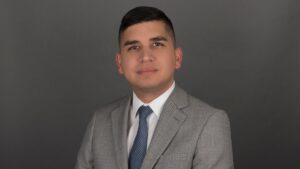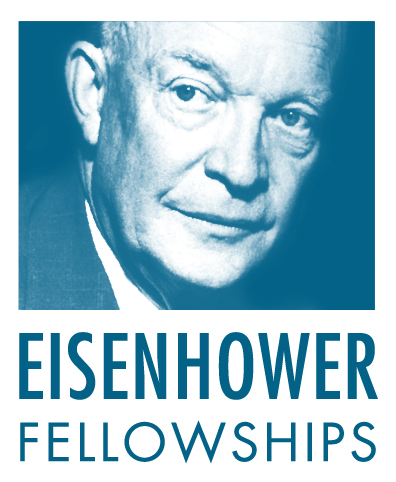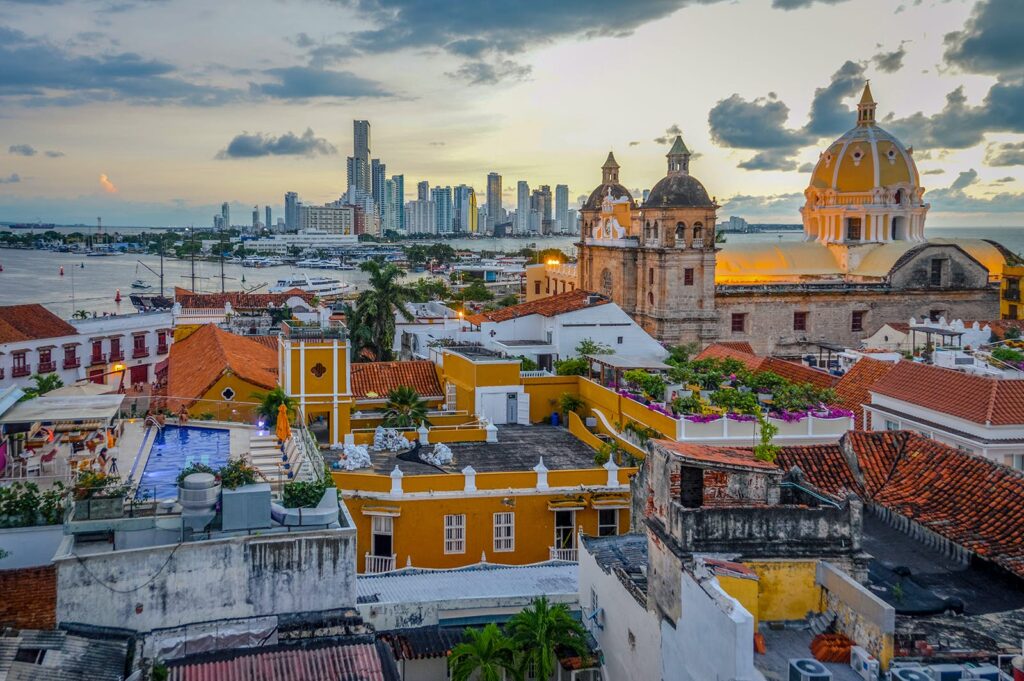Colombia’s Minister of Housing has big plans for ending a cash-infused economy

Jonathan Malagon (Colombia 2017), as then-vice president of Colombia’s National Banking Association, ASOBANCARIA, one of the most influential business associations in Colombia, used his Eisenhower Fellowship to develop a national plan to transition the country’s economy towards cashless transactions. During the fellowship, he developed a number of actionable steps, including a revised regulatory framework that will allow for new technologies and players to participate in electronic banking, best practices in preventing money laundering in the banking system and a set of research initiatives aimed at cultural and other systemic barriers to encouraging electronic payments by consumers, merchants and the banking system.
Access to affordable personal loans makes weathering financial challenges possible in Brazil
 Thiago Alvarez (Brazil 2014) started an online platform to make personal financial management possible for the middle class in São Paulo and beyond. As CEO of Guiabolso, Thiago came on his Eisenhower Fellowship to learn about U.S. financial markets, fintech innovations and other tools that he could bring back to Brazil. The result was making personal loans available to those in need at a substantially lower-rate than the existing market. Average personal loans cost more than 320% per year in the Brazilian market, but Thiago’s company is able to offer loans with a rate of 58.3% per year that users are able to access online through an app. Access to lower-cost loans protect families in crisis who may take out loans to take care of emergency medical expenses and other unforeseen monthly expenses.
Thiago Alvarez (Brazil 2014) started an online platform to make personal financial management possible for the middle class in São Paulo and beyond. As CEO of Guiabolso, Thiago came on his Eisenhower Fellowship to learn about U.S. financial markets, fintech innovations and other tools that he could bring back to Brazil. The result was making personal loans available to those in need at a substantially lower-rate than the existing market. Average personal loans cost more than 320% per year in the Brazilian market, but Thiago’s company is able to offer loans with a rate of 58.3% per year that users are able to access online through an app. Access to lower-cost loans protect families in crisis who may take out loans to take care of emergency medical expenses and other unforeseen monthly expenses.
Listen here for his lessons learned and unique Eisenhower experience.

